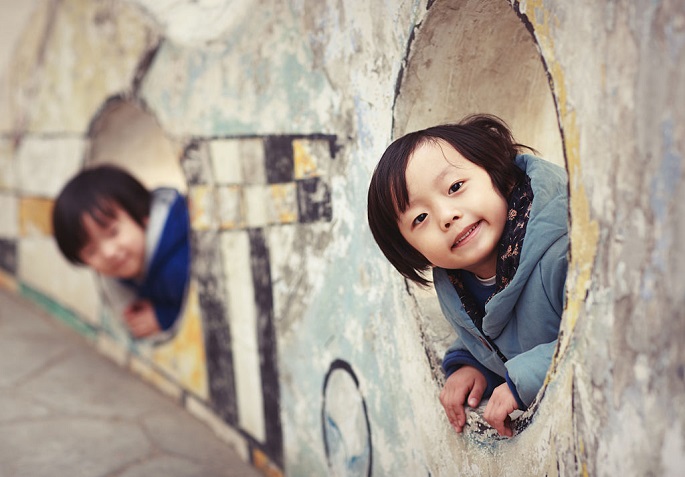Though it would be great to have a large circle of friends, it still pays to have a sibling or two.
Those born in China in the late ‘70s and early ‘80s onwards may well relate to this claim.
As a matter of fact, many of them--several in their 30s now--confront the challenge of looking after the welfare of their aging parents solely on their own, reported China Daily.
For the ones living abroad, that task--many deem it as an obligation, given how Chinese culture regards the elderly--proves to be heavy, even heartbreaking at some point.
Li Hao, a 29-year-old business development manager in Turkey, said to China Daily that he contemplates going back to China to take care of his parents. His mother’s recent minor operation triggered him to give it a serious thought.
Li would normally spend almost two months vacationing in China to spend time with them. He said that he worries about his parents and considers working in China “to take better care” of them and have a peace of mind.
U.S.-based Su Yao, 33, shares the same dilemma. She plans to visit her parents living in Harbin, Heilongjiang, this December.
“I couldn’t stop worrying about them,” said Su to China Daily.
Once in a while, according to her, she would entertain thoughts of what might be the scenario if she ever had a sibling.
For 29-year-old Zhang Hui, concerns towards her parents lead her to worry about matters of the heart.
Zhang, who hails from Yancheng, Jiangsu Province, and now resides and works in Shanghai, said that her mother prefers that she lives with her in their hometown.
Taking into account her mother’s request plus the fact that she is an only child like Li and Su, entertaining suitors who live outside her hometown seems to be not ideal.
She said that it would be difficult to look after her parents if she does so.
The Chinese government enforced a one-child policy in 1979. It eased the policy in 2013, allowing, under certain conditions, some couples to have a second child.
Although more than 12 million couples qualified for application, some 12 per cent of them only applied, according to National Geographic.
Few years passed and the government eventually scrapped its one-child policy, ending its implementation on Jan. 1, 2016.
Many young and soon-to-be parents might have rejoiced.
As for Li, Su, Zhang and similar working single children with aging parents, that step may seem to be too late.



























